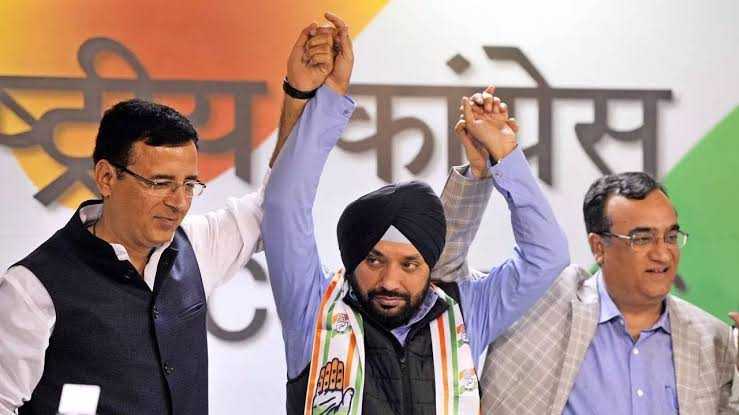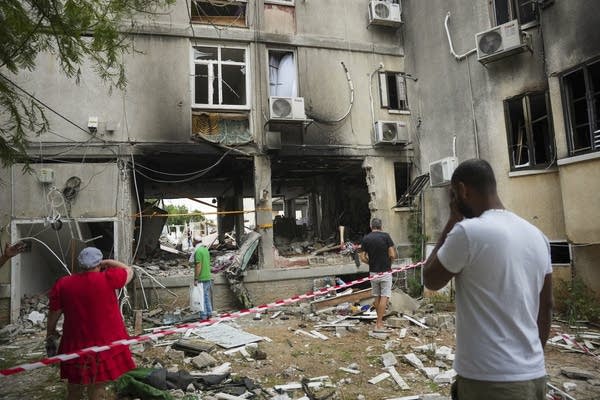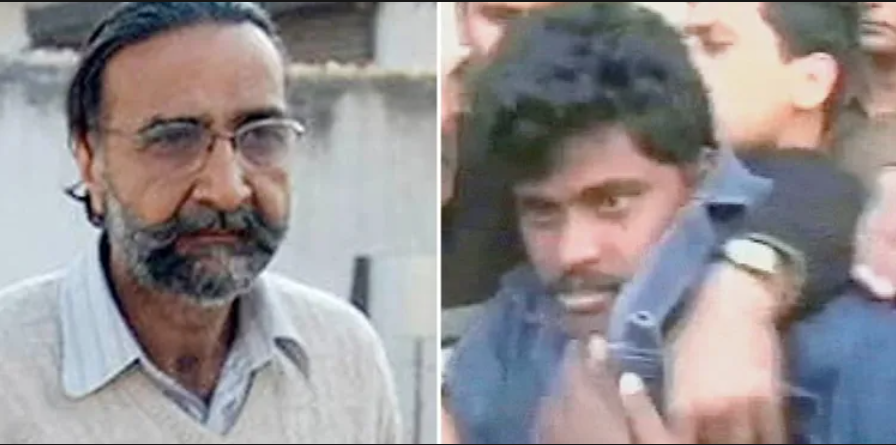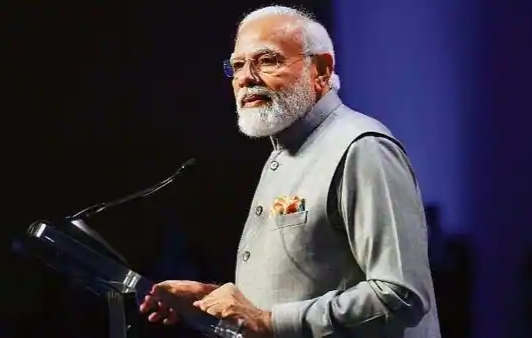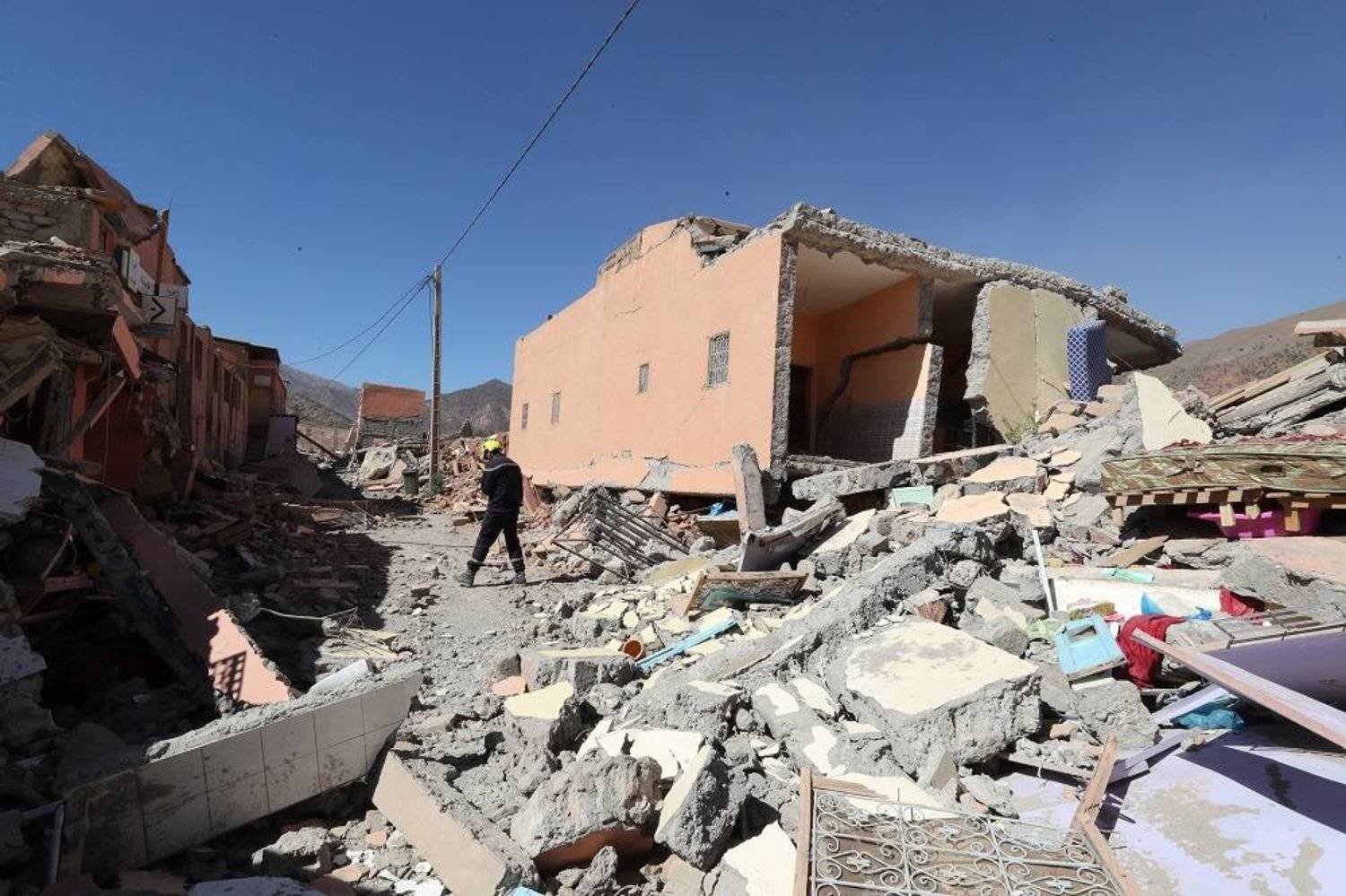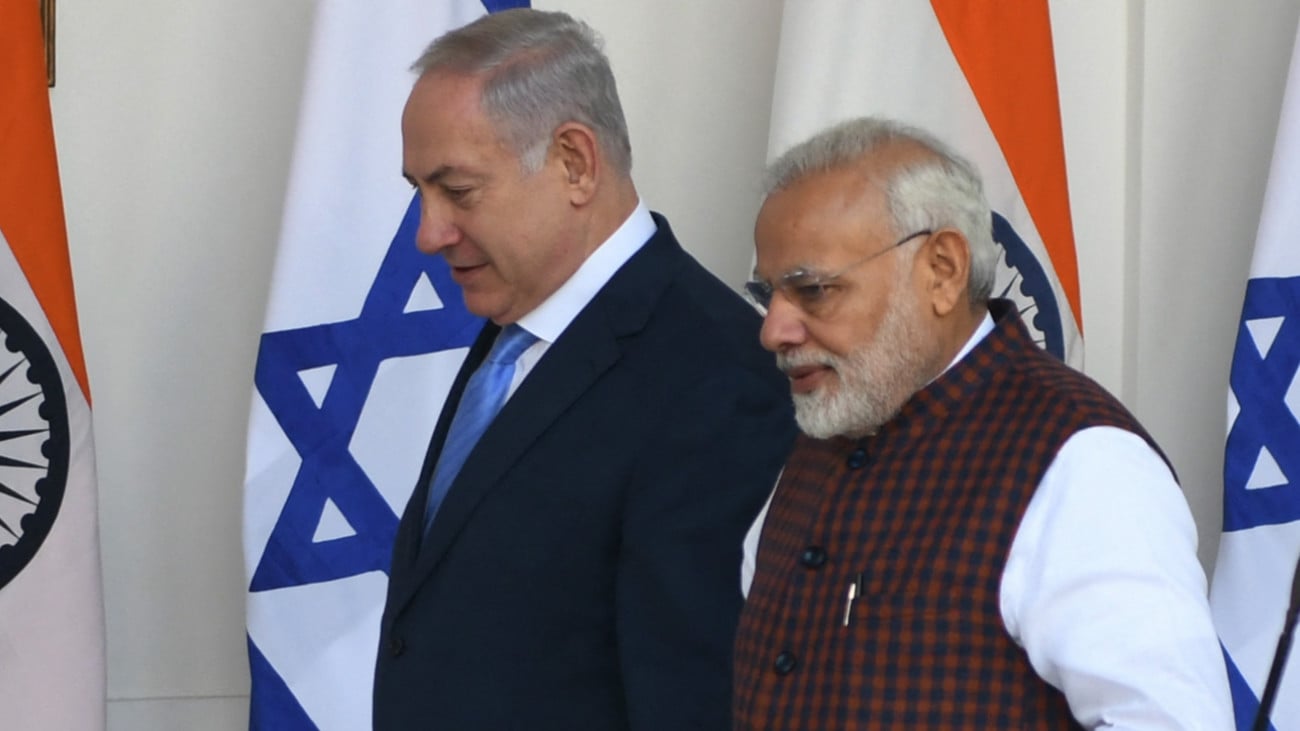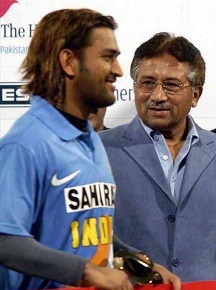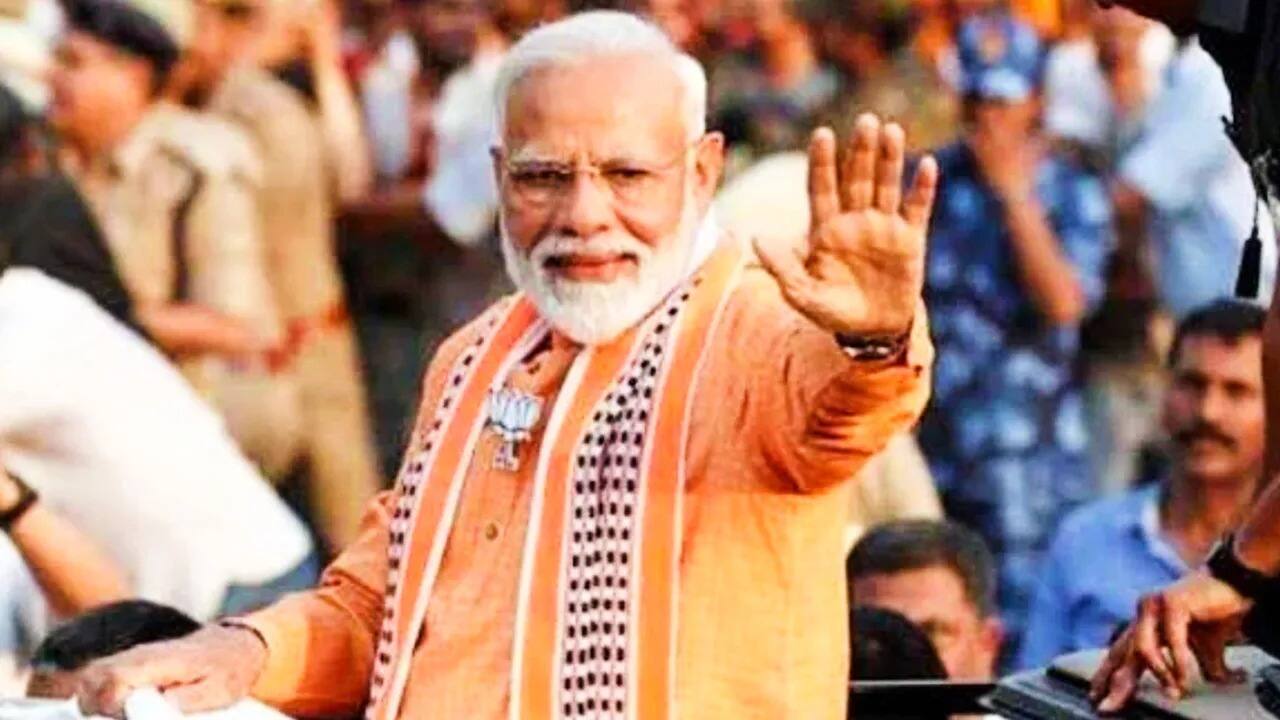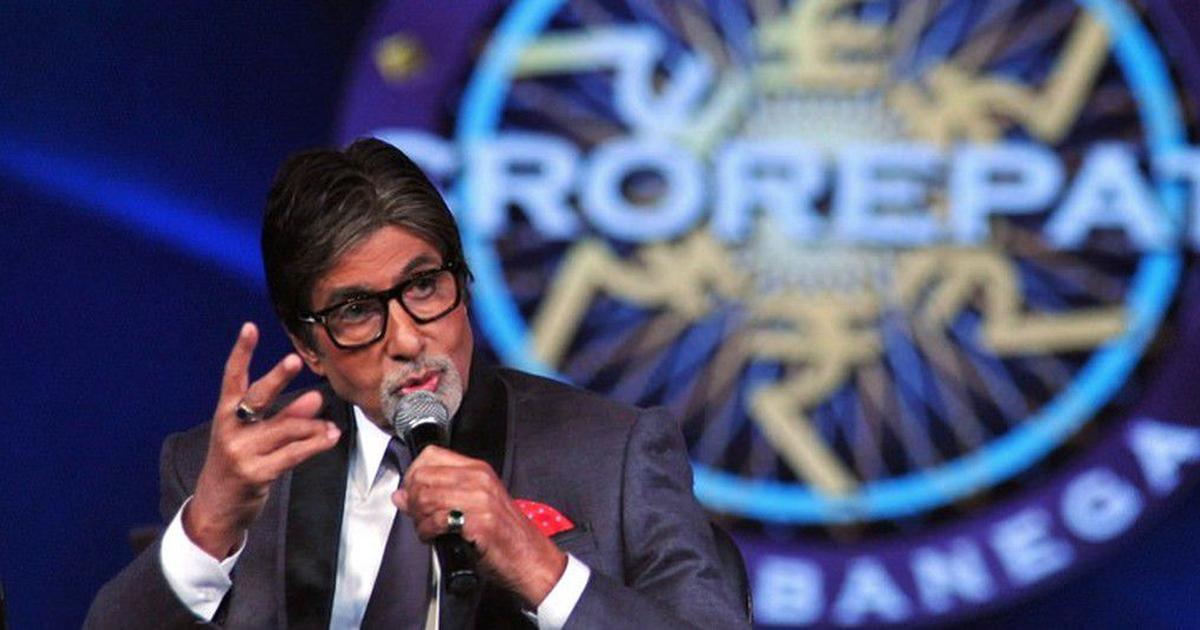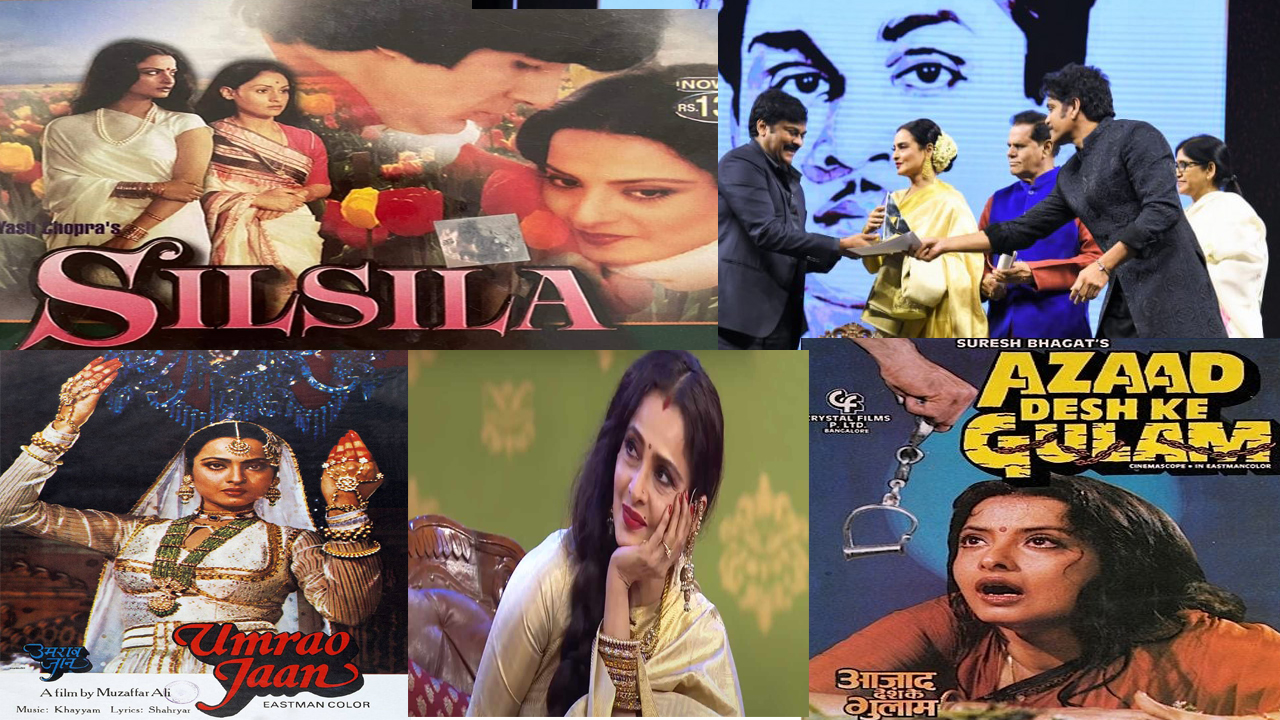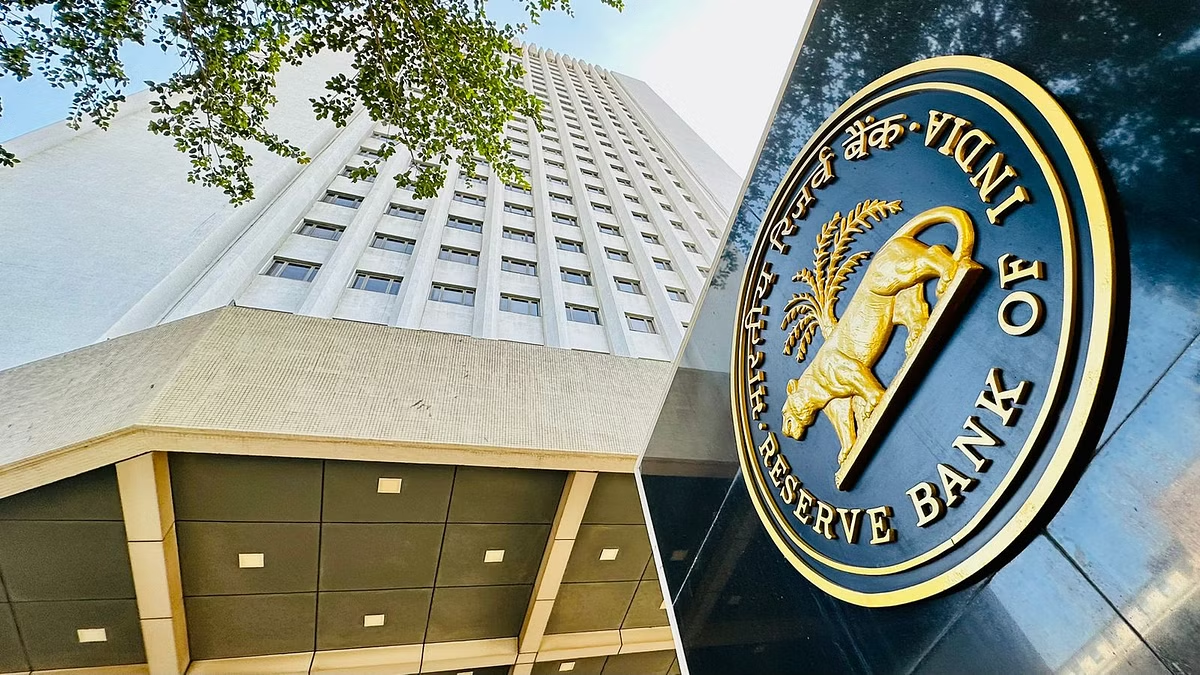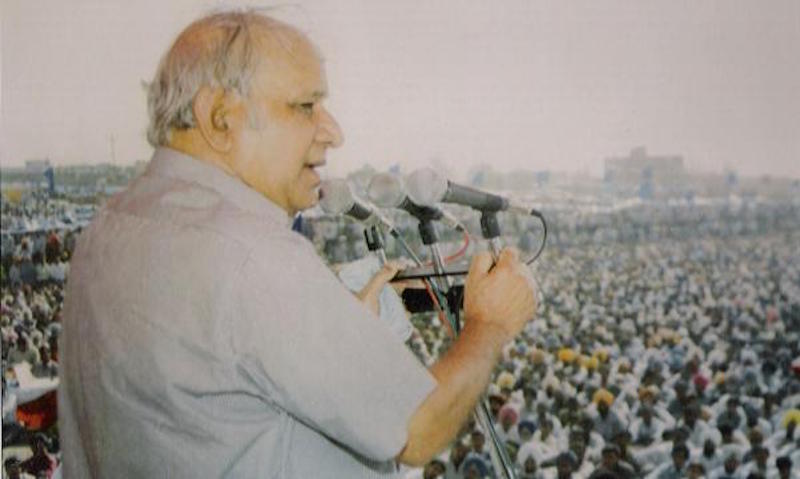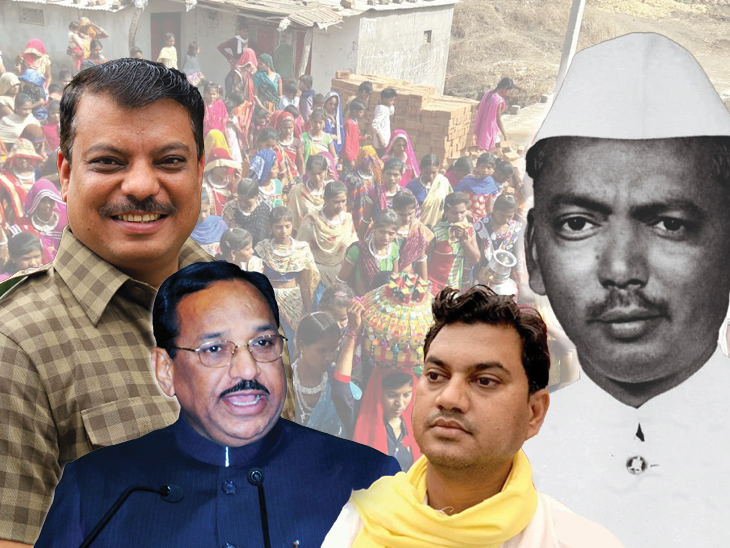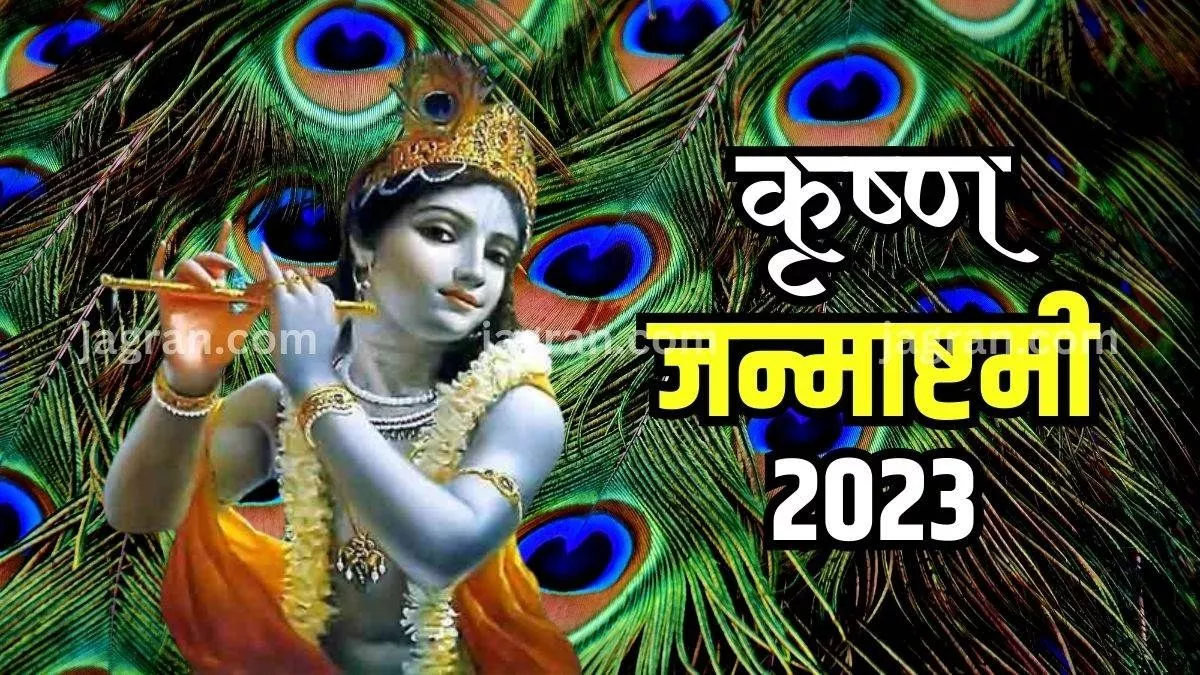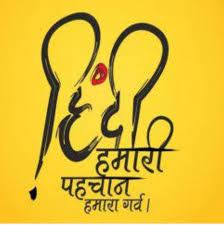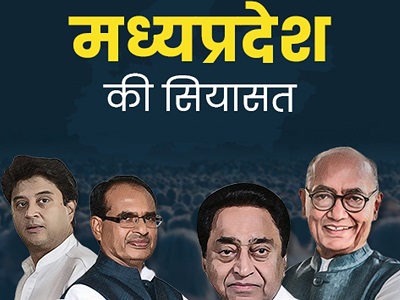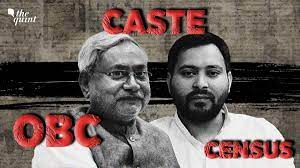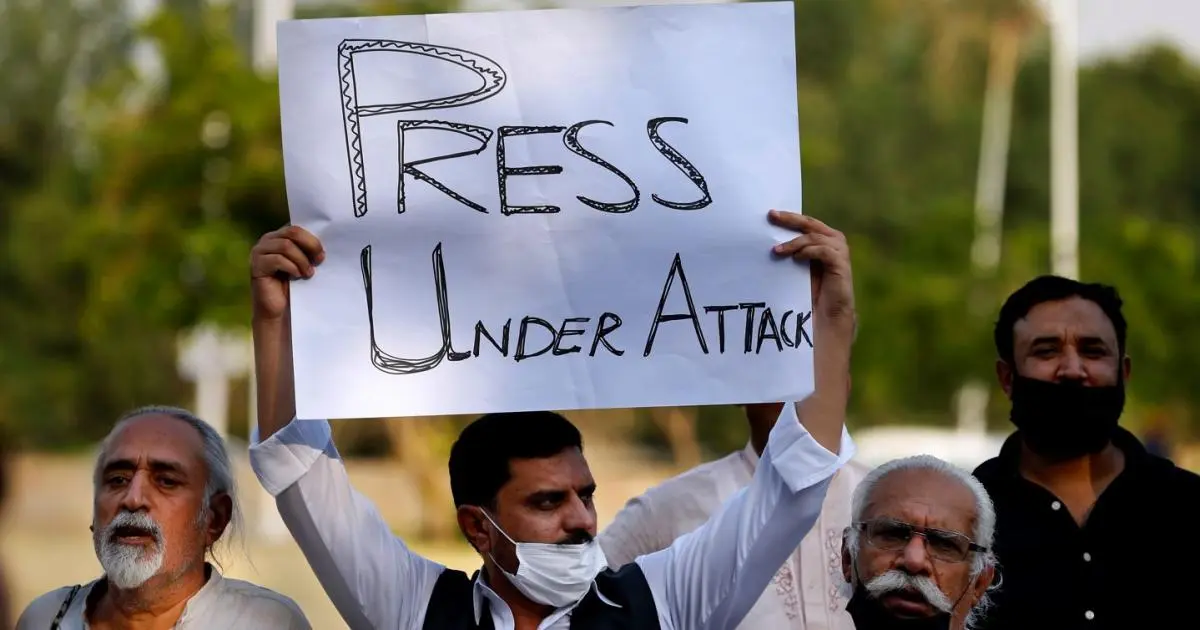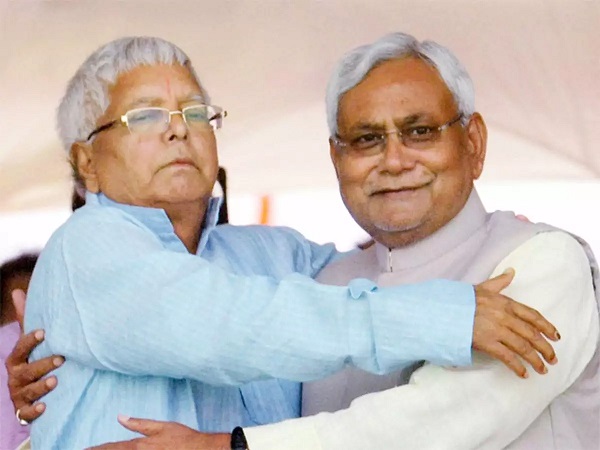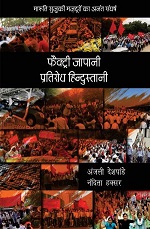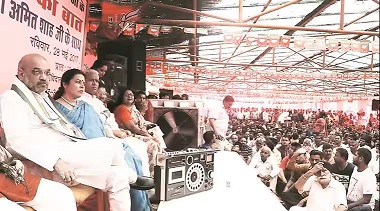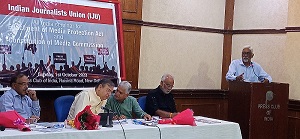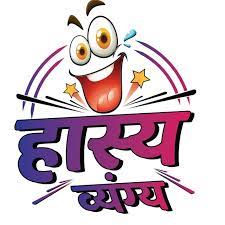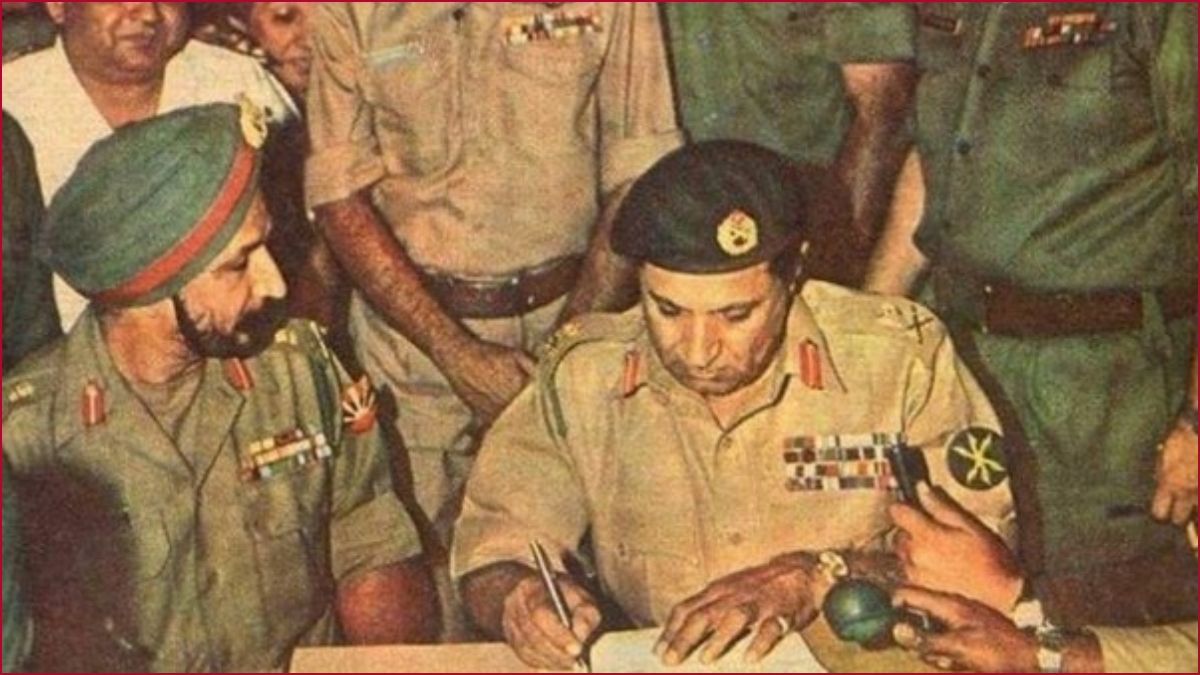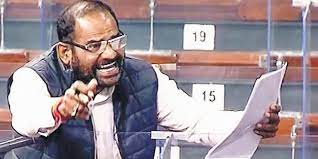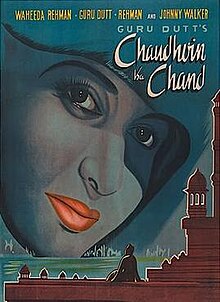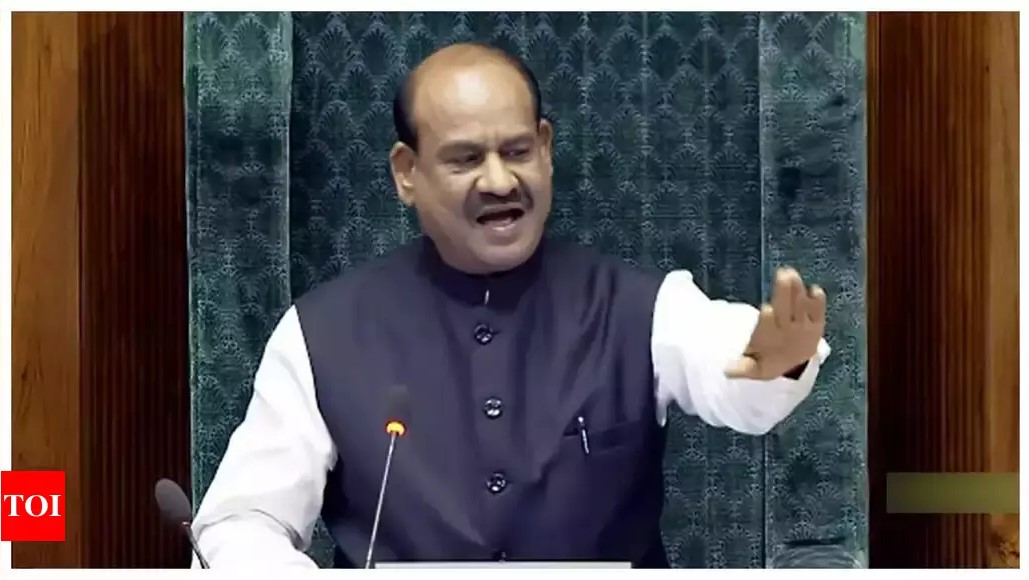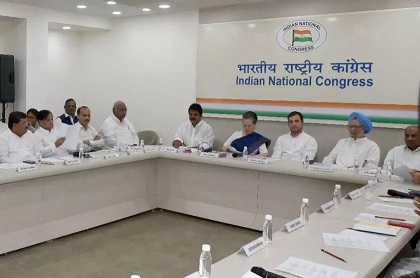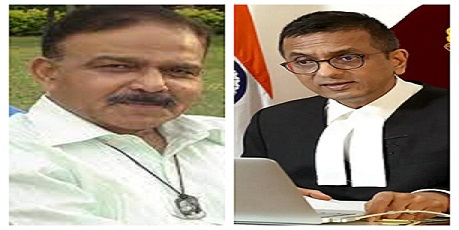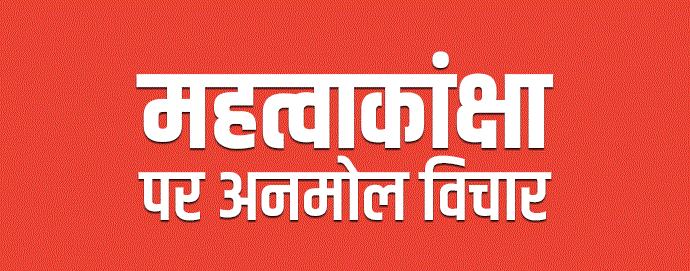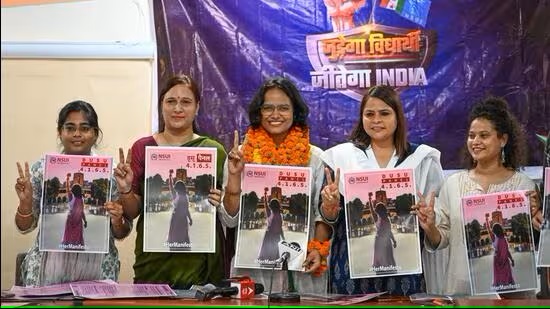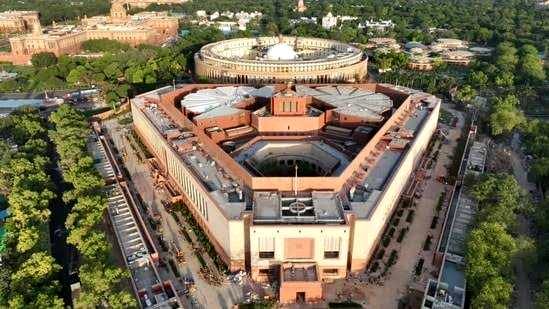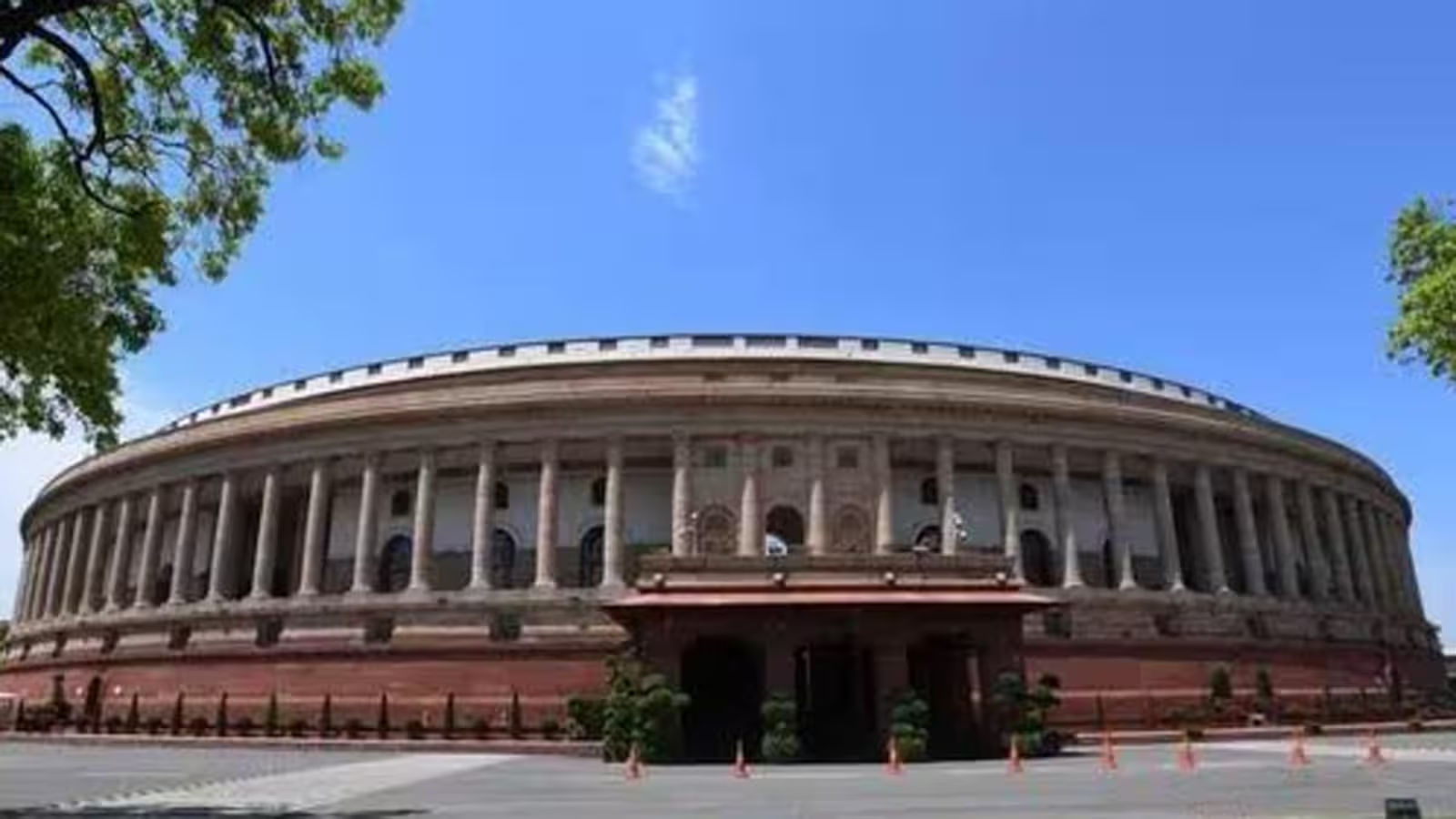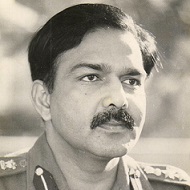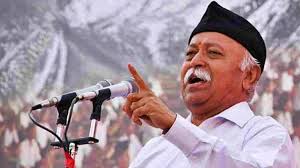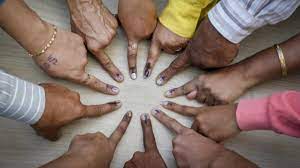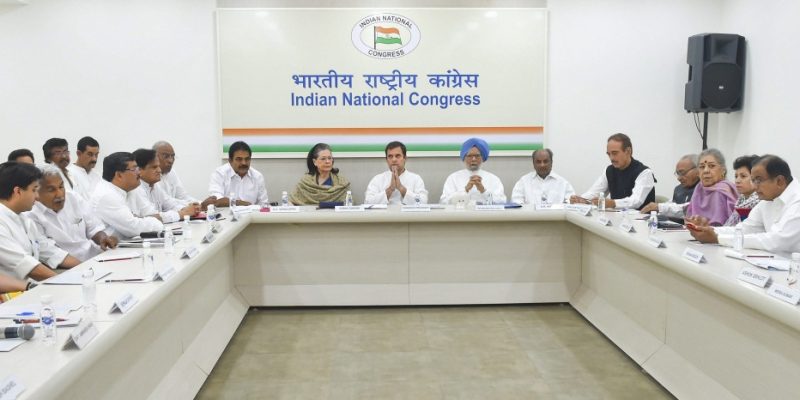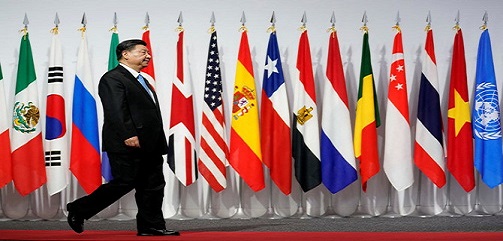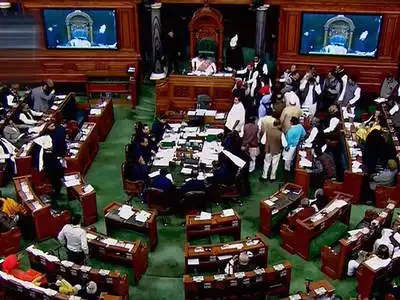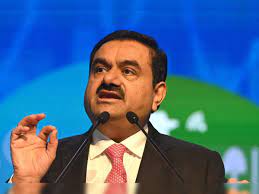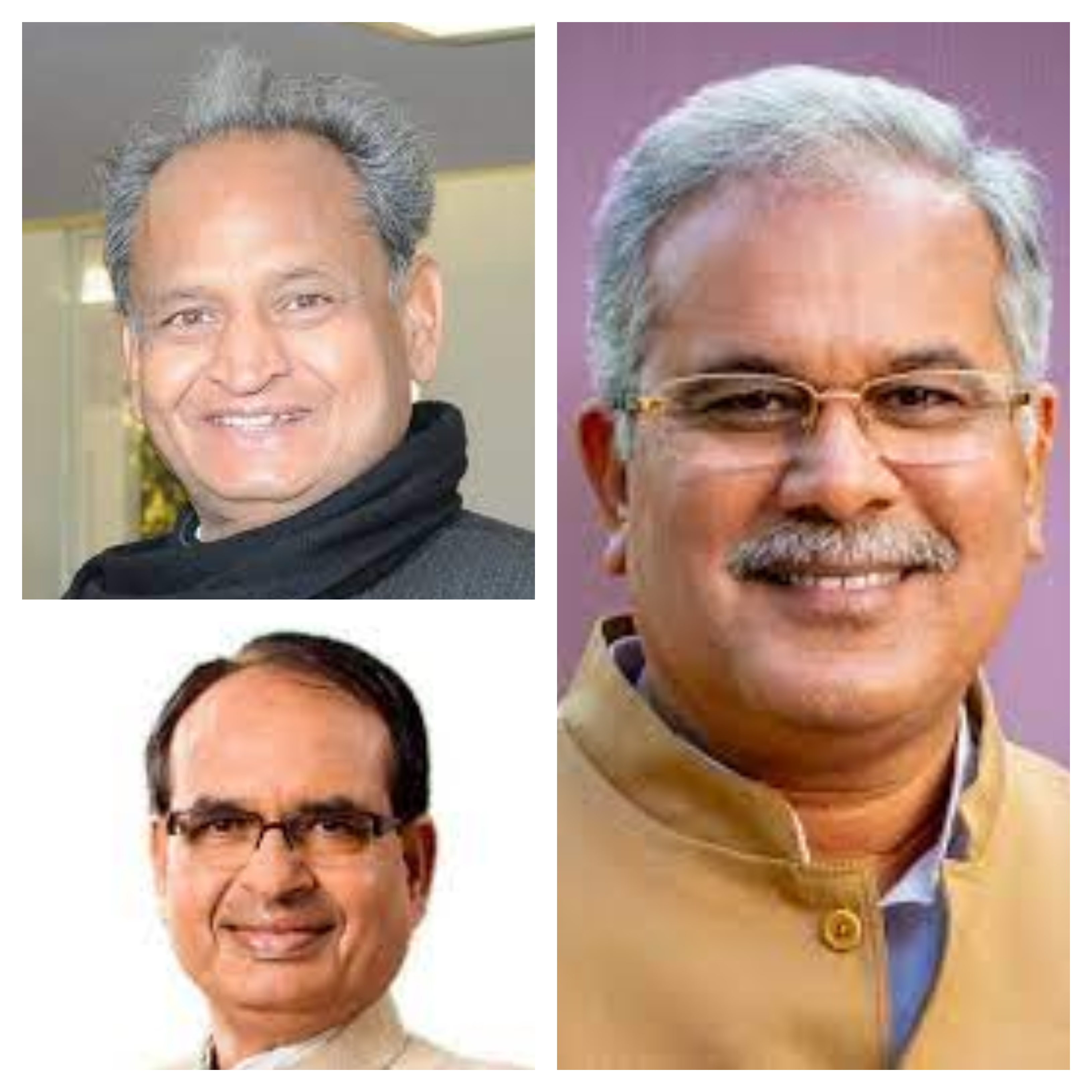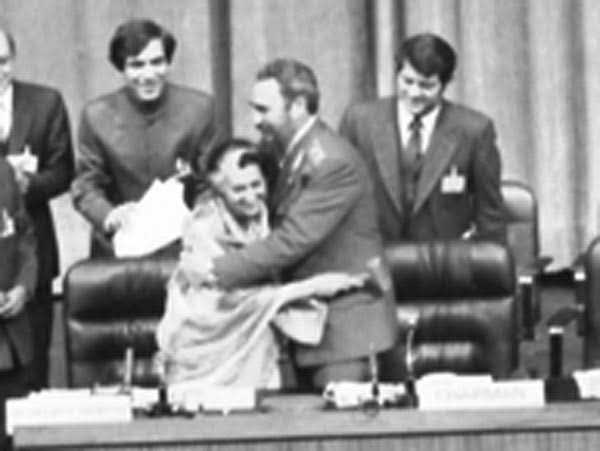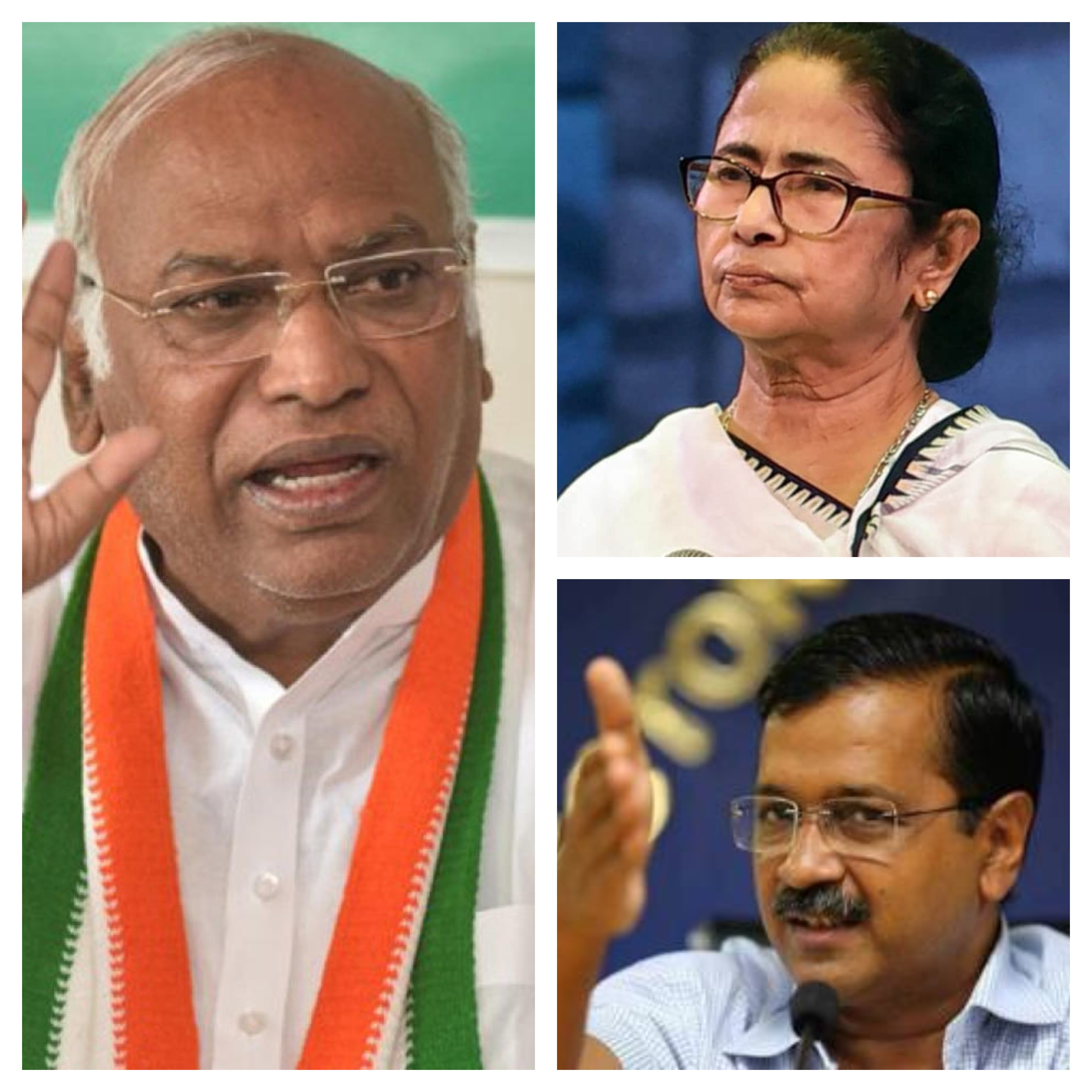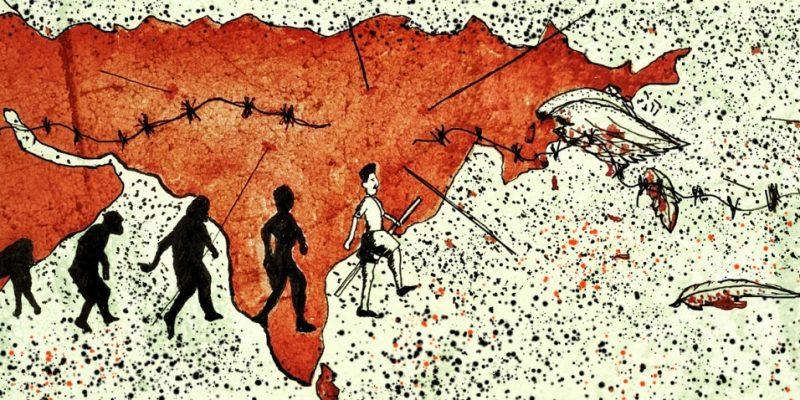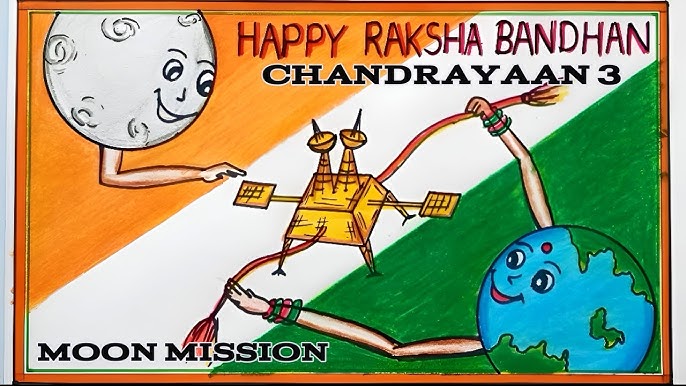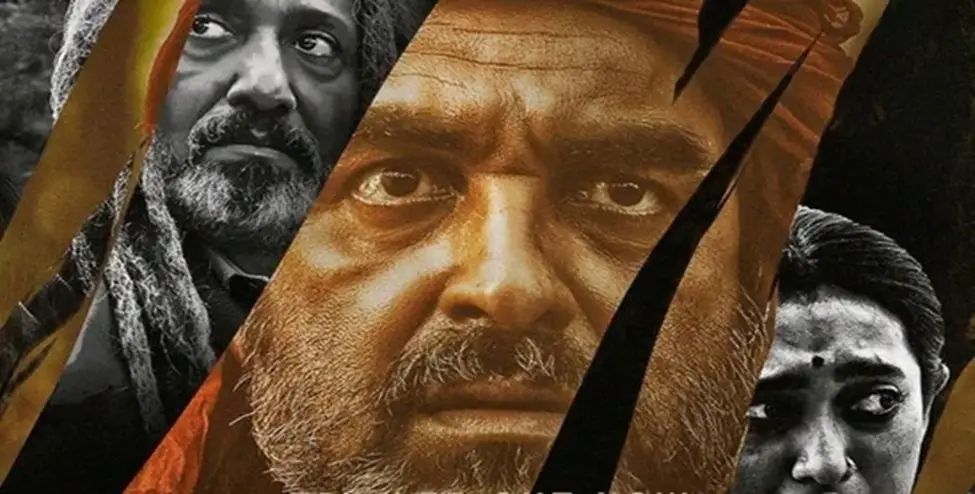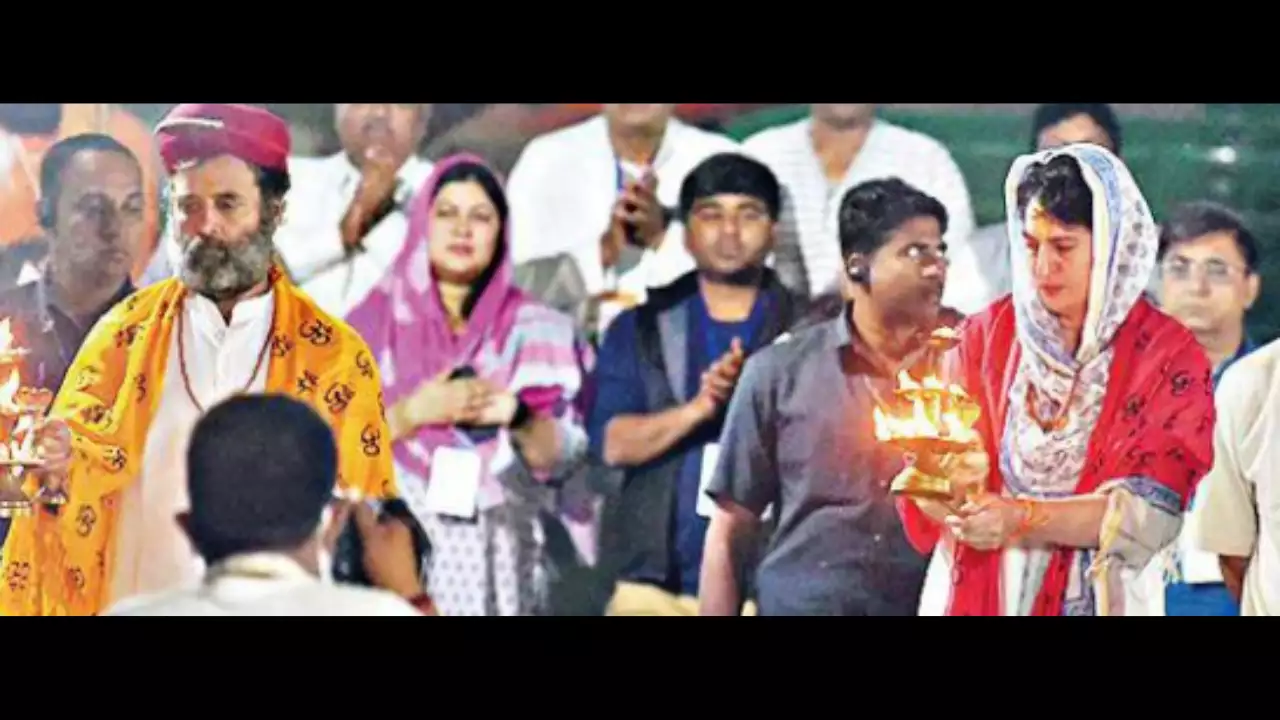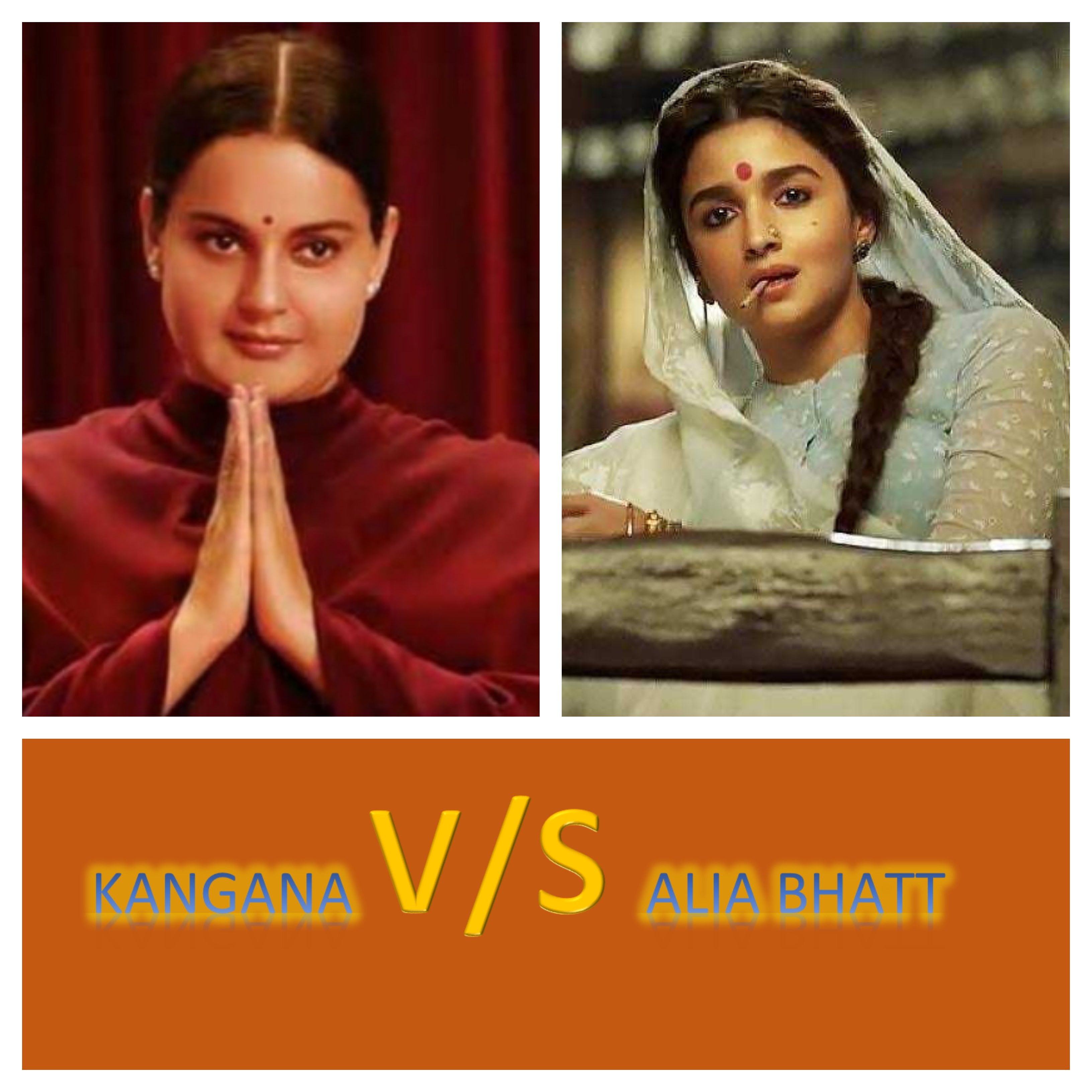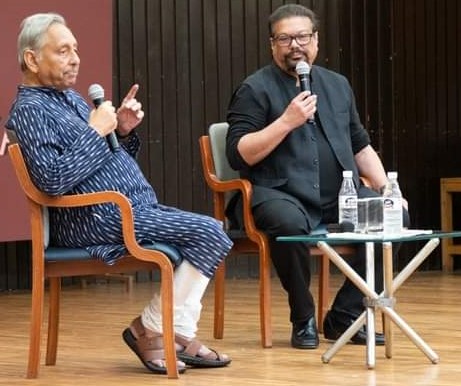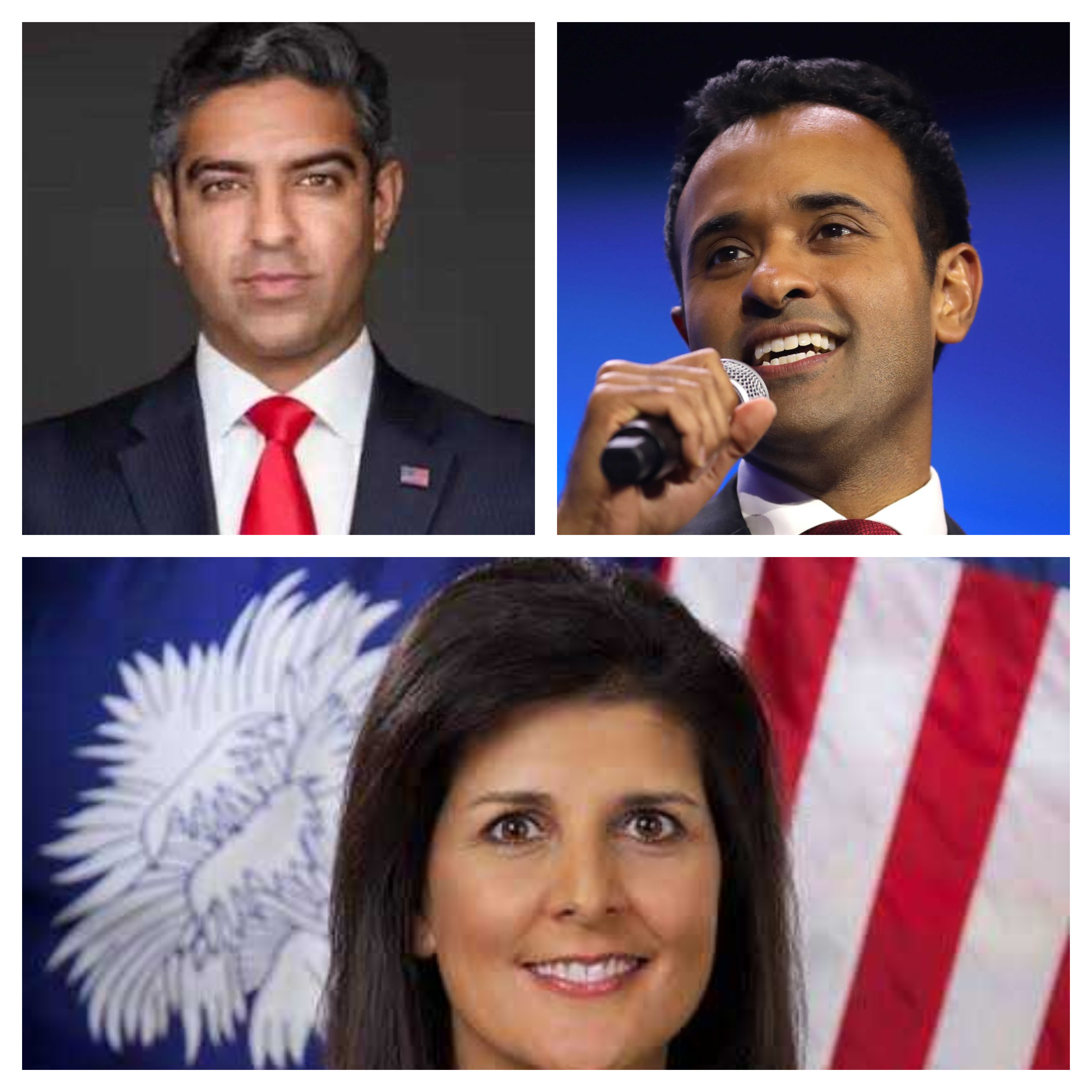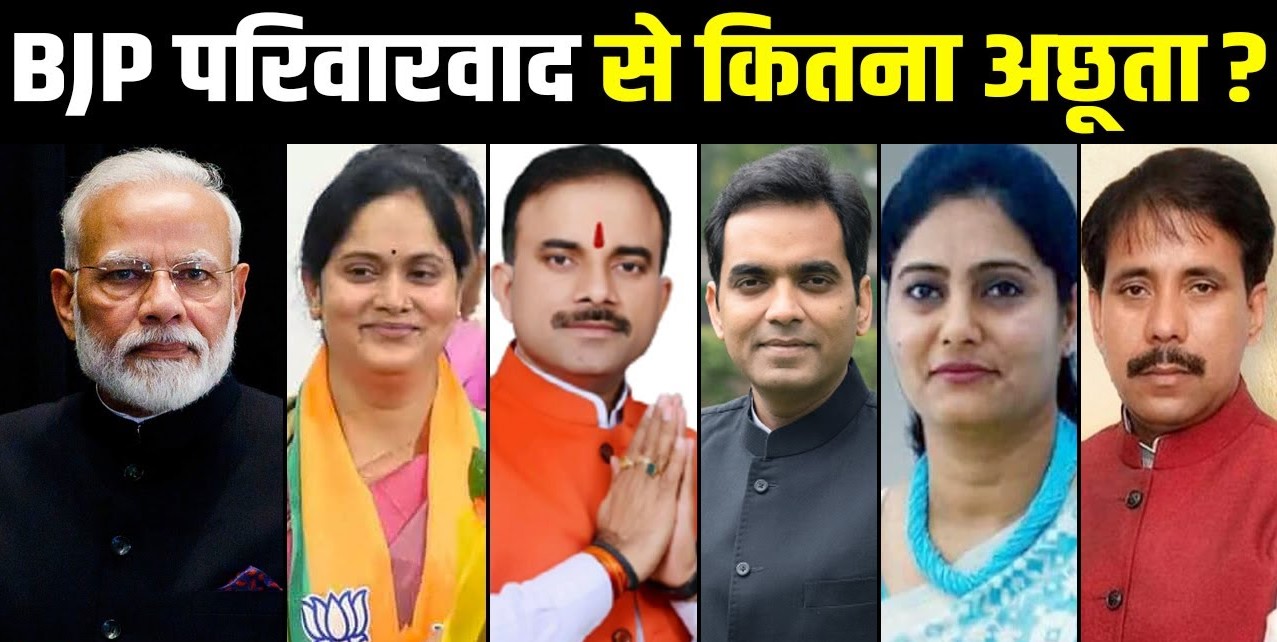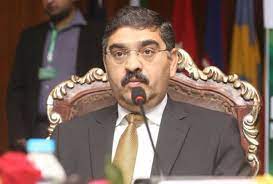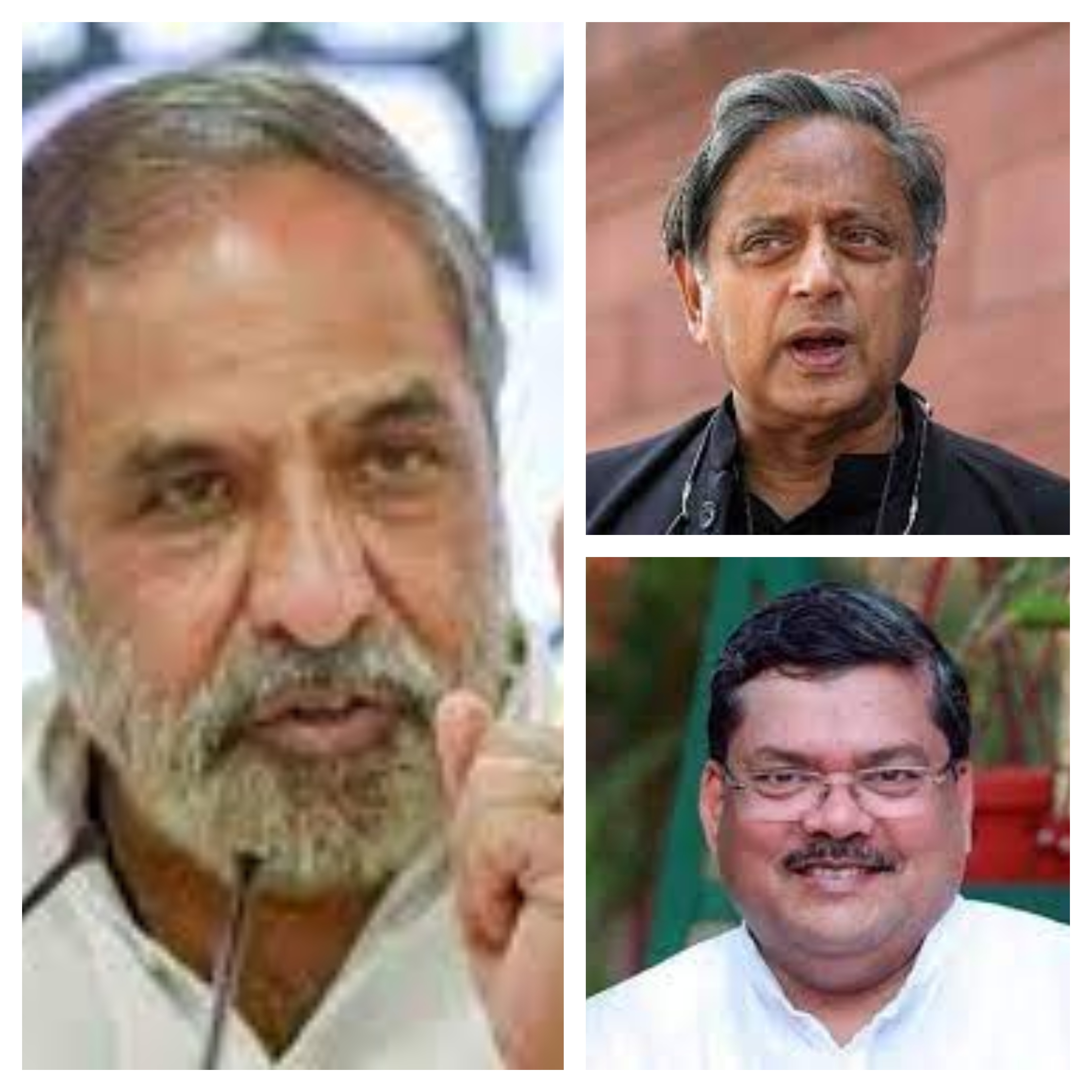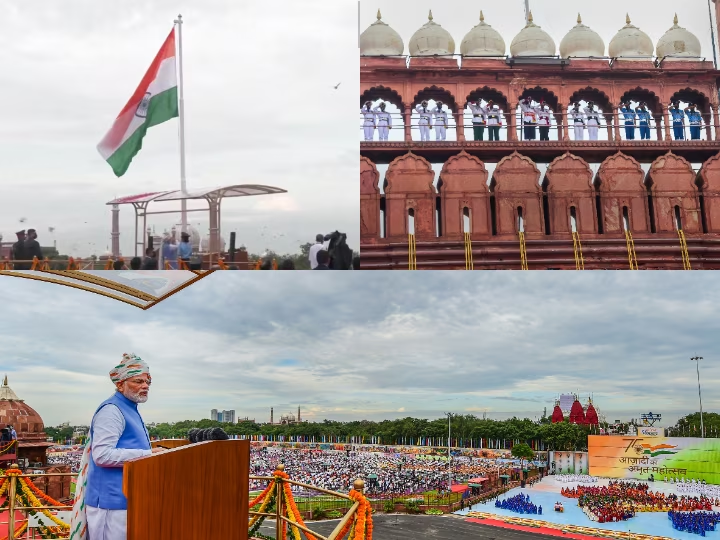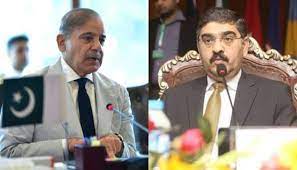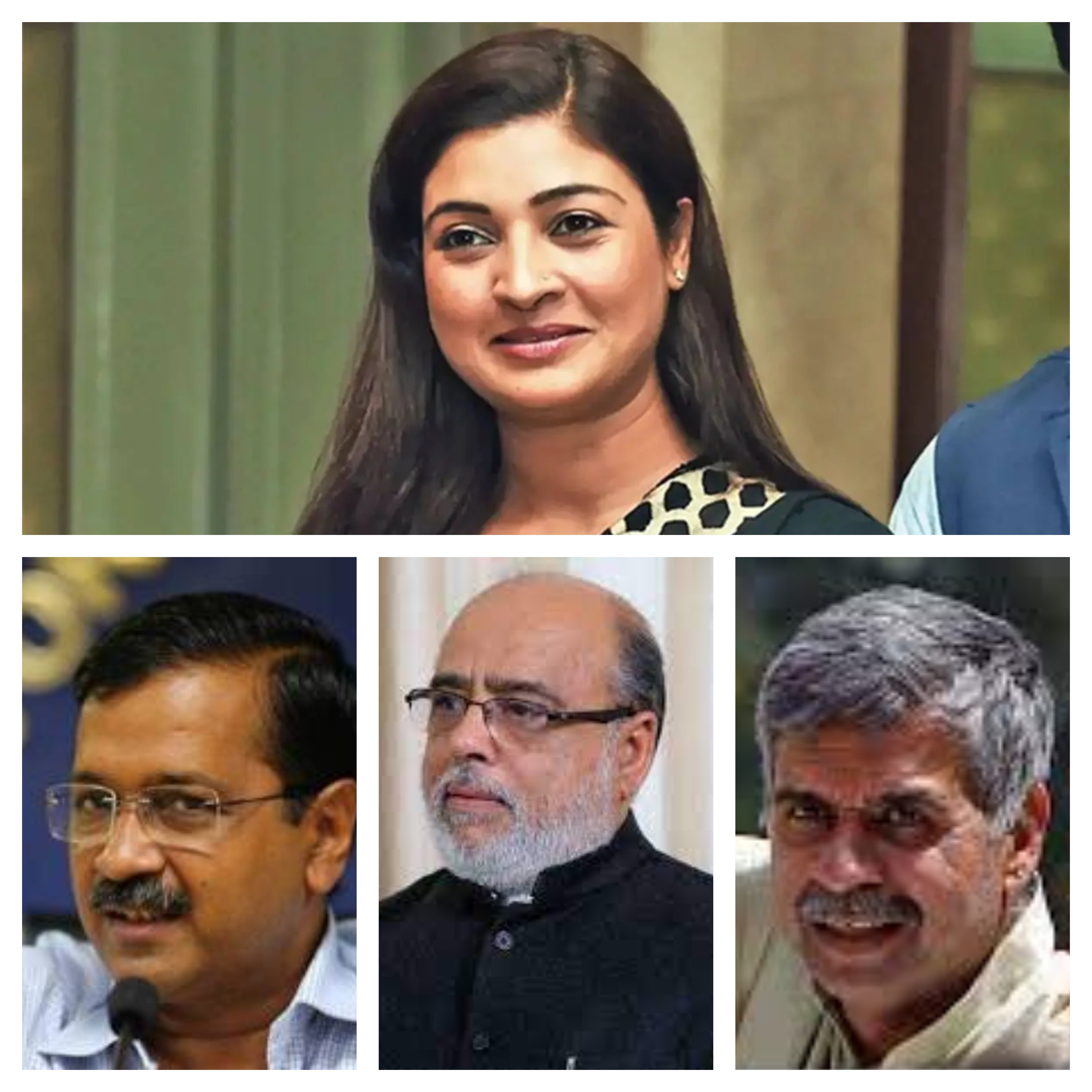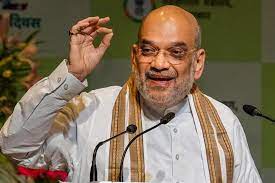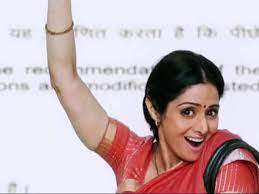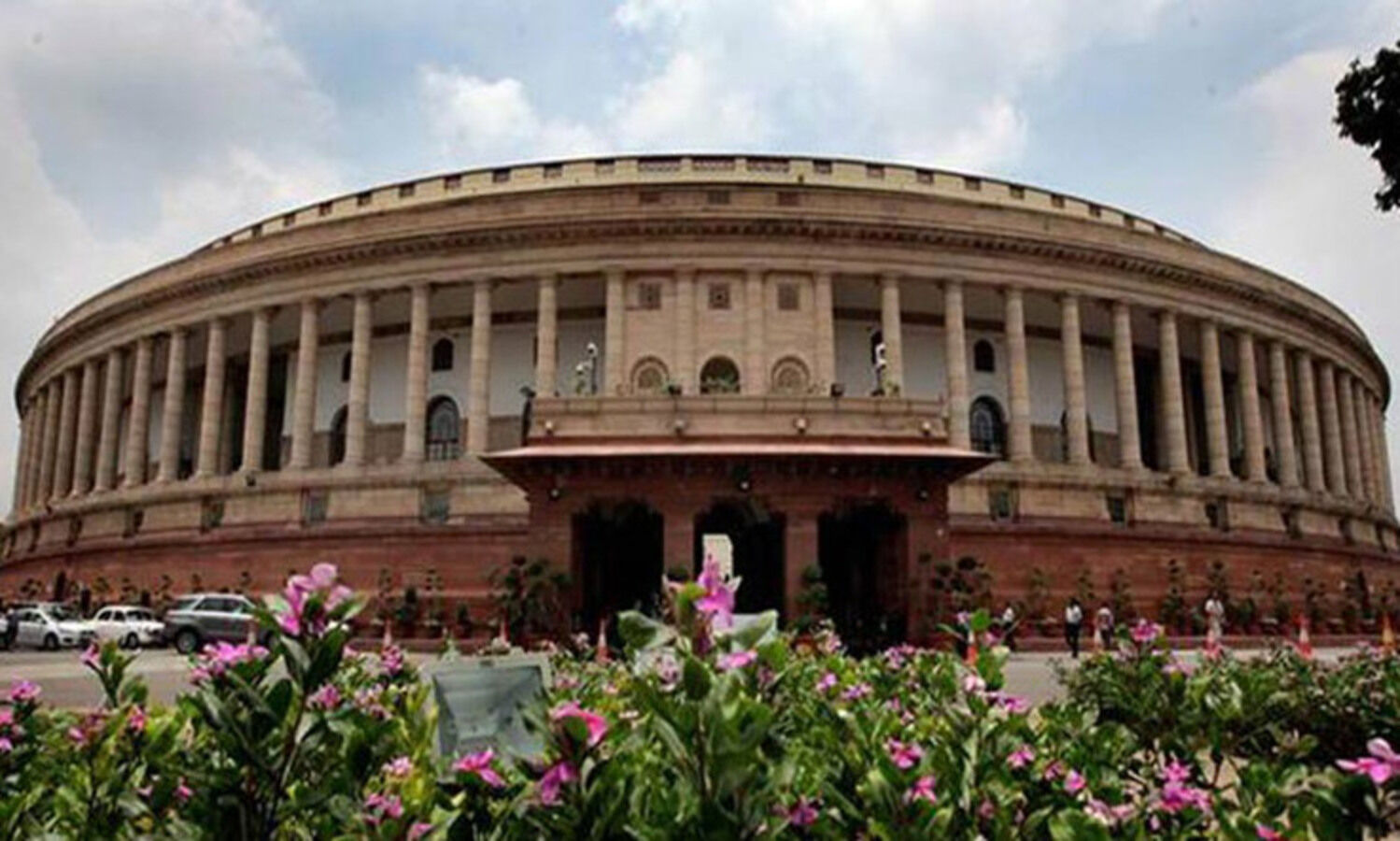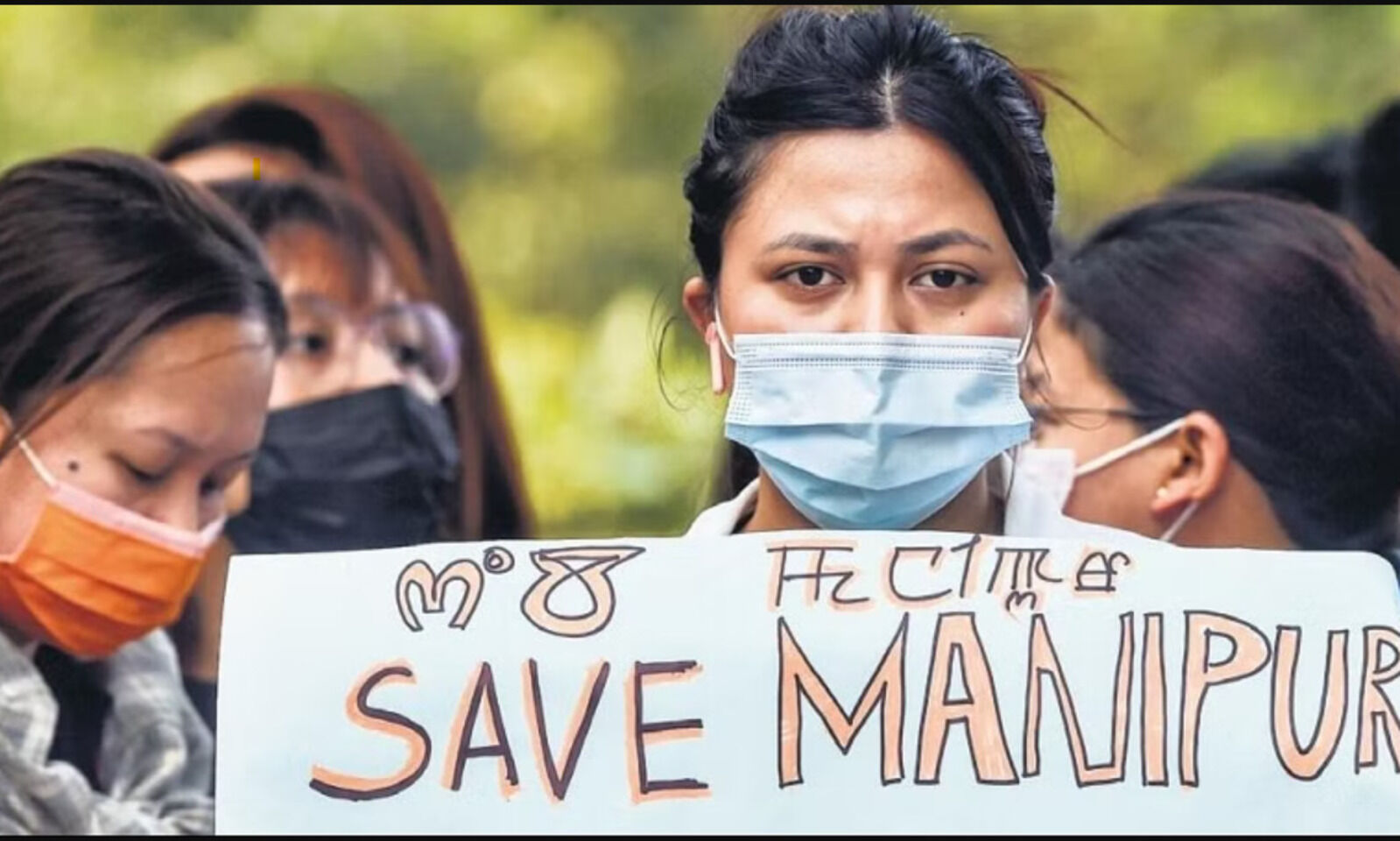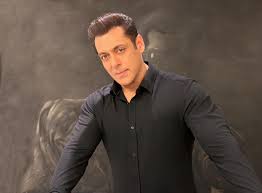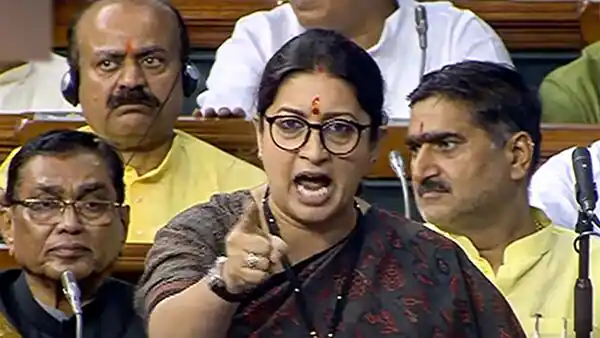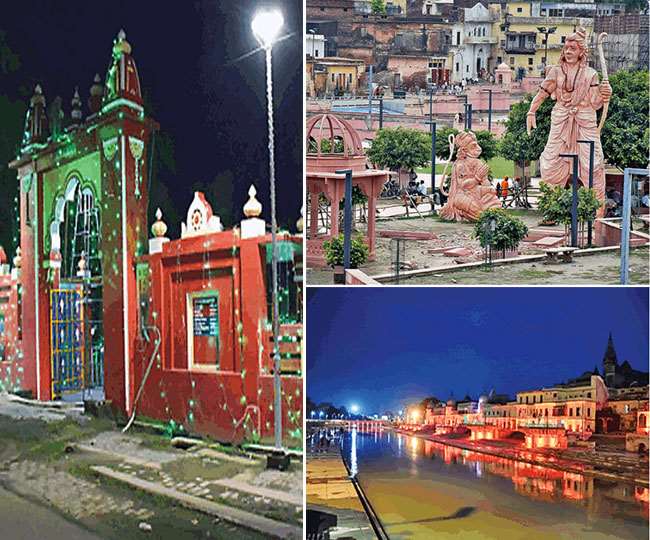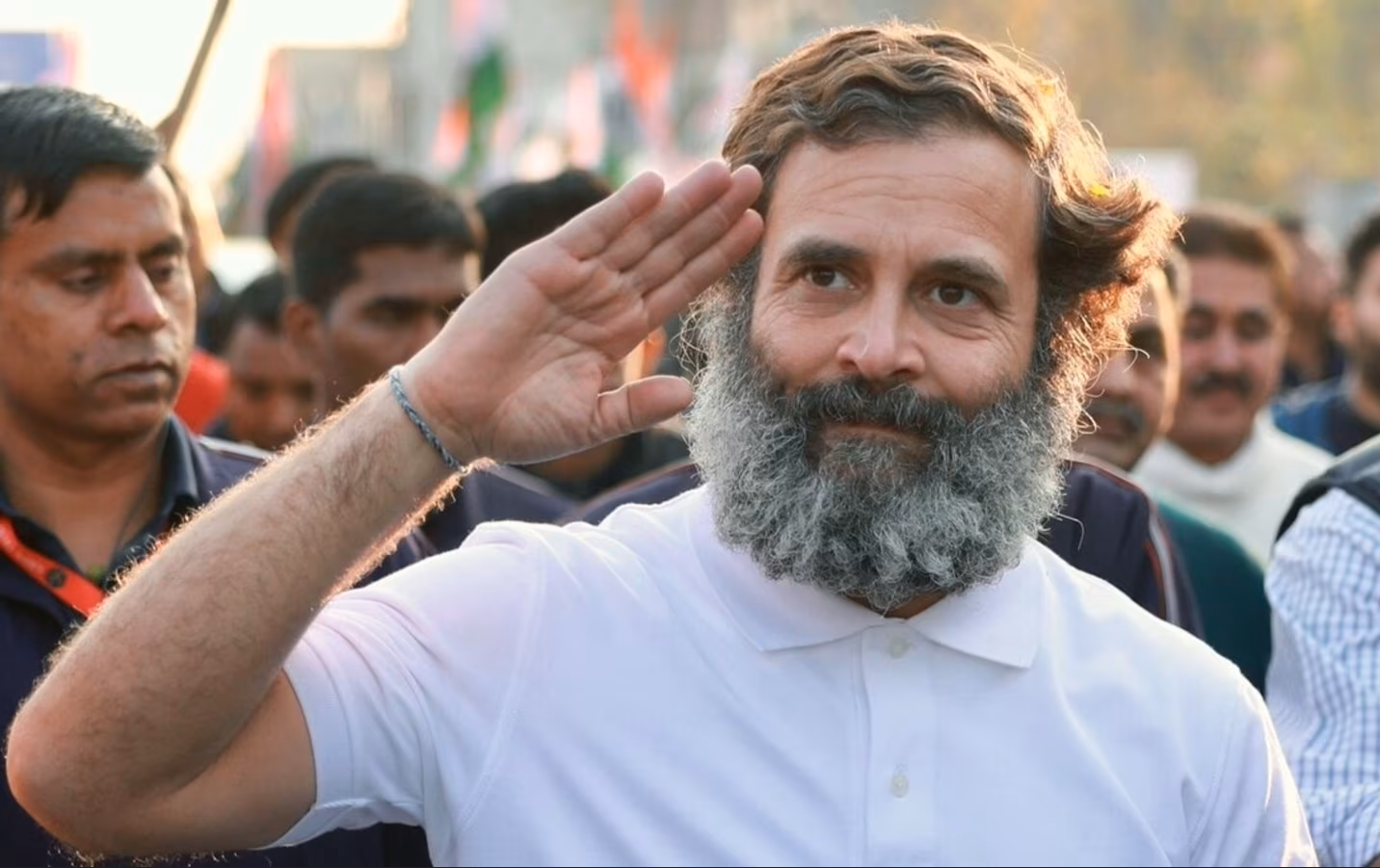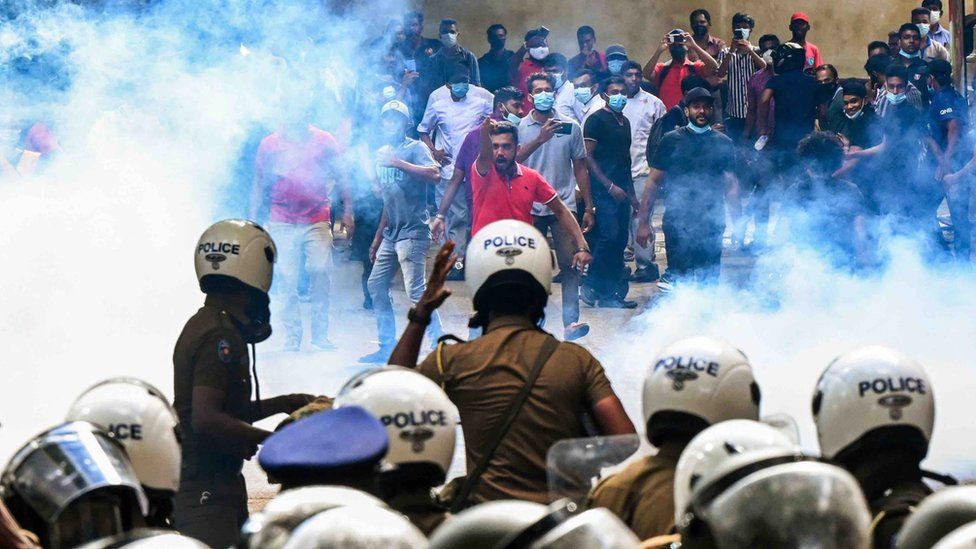29
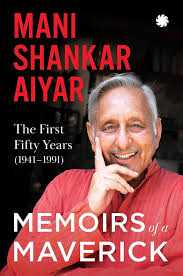
New Delhi, August 29, 2023
none went to the extent of calling him a BJP Prime Minister, as Mani Shankar has done.

Pradeep Mathur
It is rather strange that after nearly 20 years of his death former Prime Minister PV Narasimha Rao should be in news again. The reason-a book written by diplomat turned politician, Mani Shankar Aiyar was released in the presence of Mrs Sonia Gandhi last week.
While the book ‘Memoirs of a maverick’ is still awaiting reviews the reason the long-forgotten Narasimha Rao made headlines was a comment of Mani Shankar Aiyar that Narasimha Rao was the ‘first BJP Prime Minister of India’.
Narasimha Rao's role as Prime Minister at the time of the destruction of the Babri Masjid structure on December 6th, 1992 has been questioned by many political, religious and media persons. It has been alleged that he had made himself inaccessible and refused to receive the hectic phone calls through very concerned people when the demolition was in progress. It can be said in defence of Narasimha Rao that sitting 500 kilometres away, he could do nothing when the Chief Minister of the country’s biggest state had connived with the demolition squad, going back on the solemn pledge he had made to the Supreme Court of India to protect the Babri structure.
However, after that Narasimha Rao became a suspect in the eyes of liberal and secular forces, not only in the Congress but all along the political spectrum. Intelligence and media. But none went to the extent of calling him a BJP Prime Minister, as Mani Shankar has done.
After the Congress lost the 1996 Lok Sabha elections, there was wide discontent against Narasimha Rao in the Congress rank and file. The party steadily started losing ground and there were demands for change in the party leadership.
Though politically very shrewd Narasimha Rao had entrapped himself in quite a few controversies like the hawala case, Harshad Mehta bribery case etc.
Yet he retained the sympathy and support of large sections of public opinion and media. His scholarship, political acumen and non-assertive temperament shielded him against corruption charges and political manipulation despite the fact that the Congress was sinking and its traditional base in UP was shrinking very fast.
Finally, when Sonia Gandhi intervened and removed Narasimha Rao and his close friend Sitaram Kesari from the Congress establishment she was criticised for being rude and ungrateful to a highly respected elder leader of the party.
What happened in Narasimha Rao -Sitaram Kesari years from 1991 to 1997 certainly weakened the Congress and paved the way for BJP eventually to come to power at the Centre in the year 1999. However, nobody suspected or even said that Narasimha Rao was the crook. If Sonia Gandhi and a few others like Arjun Singh and N D Tiwari knew this, they never said it in public.
It is only now that a self-confessed maverick Mani Shankar has said openly and bluntly that Narasimha Rao was a BJP man in the Congress. And this diplomat turned politician, who was close to Rajiv Gandhi and his family, stands firm on his allegation as he did in conversation with our website editor Amitabh Srivastava.
As a trained diplomat Mani Shankar Aiyar, who was the principal spokesman of the Government of India is not given to frivolous talk like a run of the mill politician. His comment is important not only because of it's news value, but because it opens an entirely new dimension to understanding the political developments of the past quarter century or so that eventually brought hard core Hindu fundamentalists to power in the country who are working overtime to change what we all along thought was the idea of India.
In this context, when I look back to my years in political reporting in that decade of 1980s, I realise that Narasimha Rao was an enigma too tough to understand. Though a very senior cabinet minister in Mrs. Indira Gandhi's cabinet, he was hardly visible and his presence was felt very little. He never befriended journalists. Never sought publicity and hardly figured in headlines. He believed. He behaved more like a reticent bureaucrat rather than a front ranking politician.
After returning to power in early 1980 till her assassination Mrs Gandhi reshuffled her cabinet quite a few times. Before every reshuffle there will be talk in political quarters and media that Rao will be shunted out of External Affairs Ministry. However, he retained his ministry and 6 months before Indira Gandhi assassination was rewarded with the all-powerful home ministry.
How Narsimha Rao retained his ministry while all others including Mrs. Indira Gandhi Bhakt Vasant Sathe was reshuffled intrigued me. I asked this from my Bureau chief and friend KVS Rama Sharma who happened to be a relation of Narasimha Rao and had easy access to him. KVS told me that PV, as he always called Narsimha Rao himself floated these rumours so that Mrs Gandhi feels that he is not becoming too powerful and is a bit shaky.
Whether in office or out of it, Narasimha Rao helped very few people and only very few people were close to him. KVS Rama Rao was one of them and I have no reason to disbelieve what my bureau chief told me then
It is any politician’s compulsion to keep a social presence and meet people. But he did not like visitors and was not the welcoming type. After he was no more. the Prime Minister, I met him along with a Muslim leader who was a common friend to us. I told him something about the fast-changing society which interested him and we had a rather long meeting. Later a friend asked me how was the meeting and I told him we had a rather long discussion having tea and munching biscuits.
“Biscuits”, the friend exclaimed, “You are lucky. I met him often and he hardly offered a bare cup of tea. Biscuits are a big favour.’
Narasimha Rao was undoubtedly a scholar and was deeply interested in academic pursuits but his mental makeup was a strange combination of high thinking and petty action. But then, many big intellectuals are like this. All said and done, Narasimha Rao was an enigma. Was he a RSS mole or BJP sympathiser who conspired in Babri Masjid demolition and sabotaged the Congress, this is a subject for academic research. Till such an impartial and independent study is done, it will not be fair to make any allegation.
But one thing can certainly be said. As he changed the course of Indian economy, he also changed the course of our politics.












































































































































































































































































































































































































































































































































































































































































































































































































































































































































































































































































































































































































































































































































































































































































































































